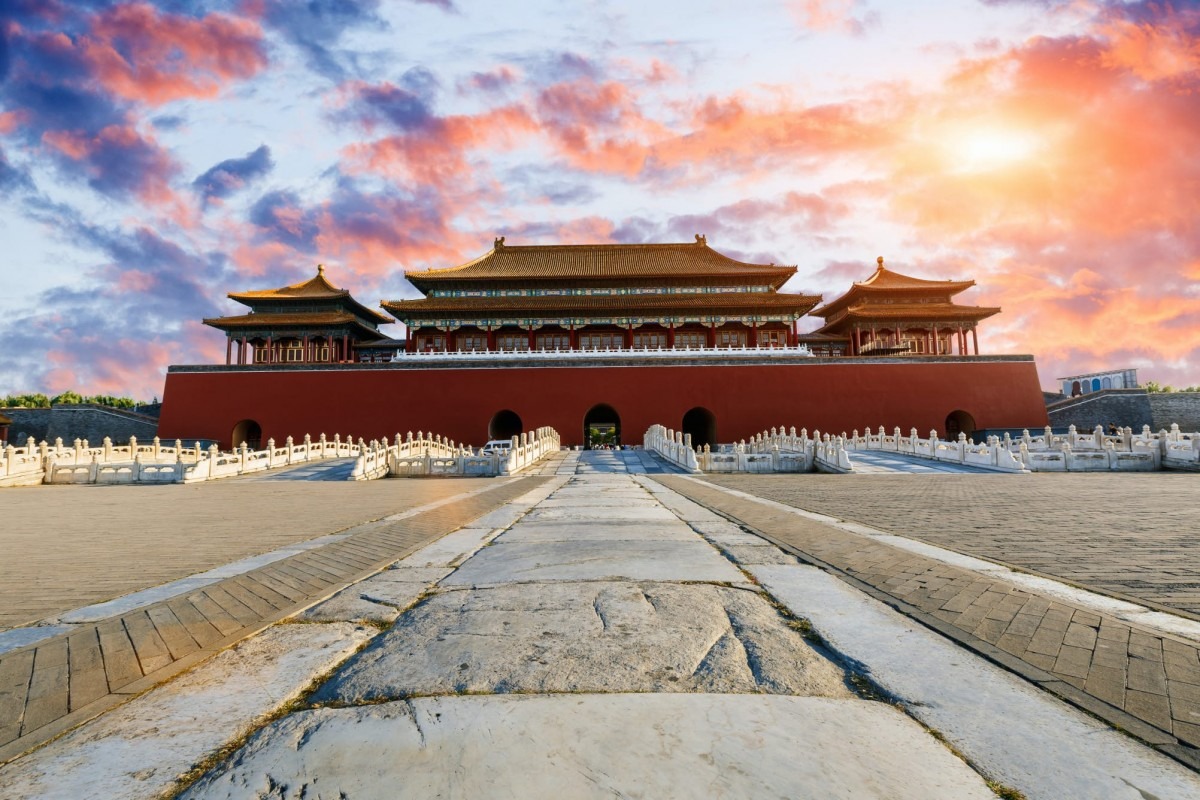
Last week, China began rolling back crucial elements of its strict ‘zero-COVID’ regime in mainland China after mass protests against the policy ban in November 2022, sparking the biggest public discontent in history, which happened after President Xi Jinping came to power in 2012.
Abolishing critical elements of the ‘zero-COVID’ regime include dropping mandatory testing before many public events, ending quarantines, and shutting down an app now called ” itinerary code.” Critics of the code have warned against it, saying it could be exploited for mass surveillance and social control over the population.
As authorities disable the app at midnight on Monday, December 12, 2022, China’s four telecom firms have assured the public that they will securely delete all user data associated with the app. People in China celebrated on Tuesday, December 13, 2022, the shutdown of a state-issued app to effectively avoid the virus by tracking whether they had traveled to restricted areas or the venues affected by COVID-19.

The Itinerary code is also used to check whether or not the person has been in contact with the virus. Many cities, including Shanghai, now require residents not to show this code when entering places like shops and restaurants.
On the other hand, netizens took to the social media platform Weibo to celebrate the relief from the world’s strictest antivirus laws. A netizen’s comment literally represents the joy of the entire Chinese nation, saying he never wants to use this app again. Another netizen said that the hand extended to increase power during the pandemic must now be withdrawn.
Restrictions continue to be eased during the Chinese New Year holiday when many are expected to see family for the first time in a year. On Monday, Beijing’s ambassador to the United States said he is confident that China’s COVID-19 measures will soon be eased further to facilitate international travel to the country.
Considering how China has closed all its borders to international travel since the outbreak of the pandemic in the city of Wuhan in late 2019. International flights are still at a fraction of pre-pandemic levels, and arrivals are subject to an eight-day quarantine.
Border closures and repeated lockdowns in major cities due to COVID-19 have hit the world’s second-largest economy. Analysts say the Chinese business will struggle in the coming weeks, as a wave of infections creates staff shortages and makes consumers wary. Hence, deregulation could be a bright prospect for long-term global growth.
Experts say the spread of the disease, manifested in recent days by long lines outside fever clinics and testing centers, will also strain and overwhelm the fragile healthcare system of China. The desolation of national passenger trains and restaurants in Beijing reflects the reluctance of some to embrace the newfound freedom.
Gao Lin, a 33-year-old financier, told news service on the streets of the capital. “I can understand, maybe other people are afraid or are worried about kids and grandparents’ health conditions. It’s a personal choice.”






